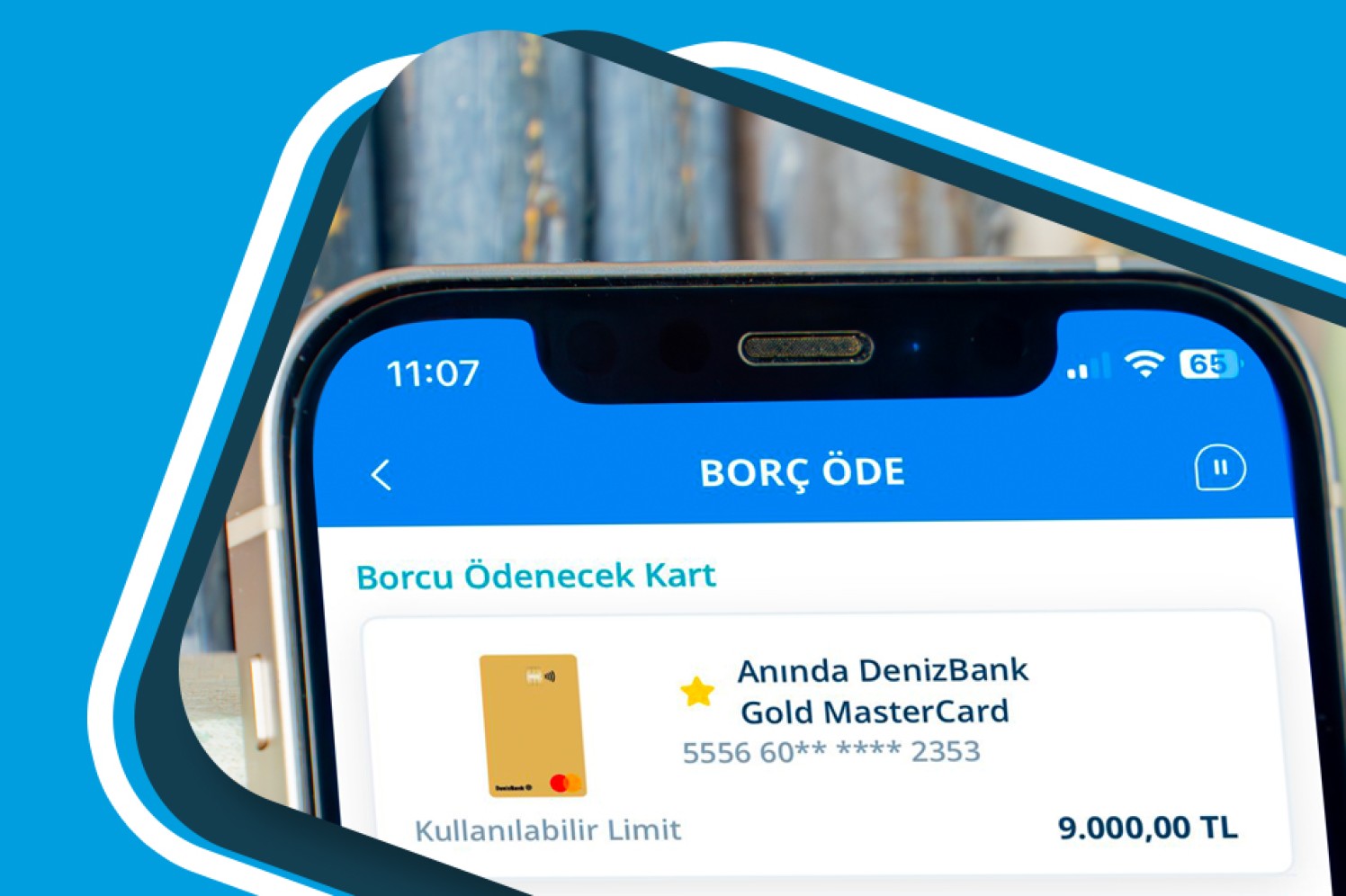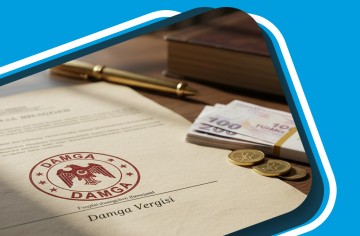
Borç (debt) in Turkish real estate – what does it mean for property owners?

Borç (pronounced borch) is the Turkish word for debt or liability. In the context of real estate, it refers to any financial obligation tied to a property. This could include unpaid mortgages, utility bills, property taxes, or maintenance fees owed by the current or previous owner.
Under Turkish law, borç can affect property transactions. If a debt is registered against a property (e.g., via a mortgage or court judgment), it may appear in the tapu (title deed) records or land registry. Buyers should verify whether a property carries any borç before purchase, as some debts (like unpaid taxes) can transfer to the new owner.
Not all debts are tied to the property itself—some may be personal obligations of the seller. However, secured debts (e.g., bank mortgages) often remain attached to the property until fully repaid or legally discharged.
| Turkish Synonyms | English Equivalents |
|---|---|
| Borç | Debt, liability, obligation, due, arrears |
| İpotek borcu | Mortgage debt |
| Vergi borcu | Tax debt |
| Aidat borcu | Maintenance fee debt (e.g., for apartments) |
| Kredi borcu | Loan debt |
| Gecikme faizi | Late payment interest (associated with unpaid borç) |
| Alacaklı | Creditor (party owed the borç) |
| Borçlu | Debtor (party owing the borç) |

A debt or financial obligation tied to property.
'Borç' translates to 'debt' or 'liability' in English. In Turkish real estate, it refers to any outstanding financial obligation linked to a property. This could include unpaid utility bills, property taxes, mortgage payments, or dues to a homeowners' association (site yönetimi).
If a property has 'borç,' the debt may transfer to the new owner unless settled before the sale. Always verify the property’s debt status via the Land Registry (Tapu Dairesi) or a lawyer.
Request a debt report from Tapu or BELEDİYE.
Foreign buyers can check for 'borç' through two main sources: the Land Registry (Tapu Dairesi) and the local municipality (belediye). A 'borç belgesi' (debt certificate) confirms unpaid taxes, utilities, or fines. For mortgages, request a 'ipoteği borcu' report.
Hire a Turkish lawyer or notary to obtain these documents, as some require a Turkish ID (TC kimlik). Online systems like E-Devlet may also provide partial records if you have access.
Yes, unpaid debts can block or delay the transfer.
Unsettled 'borç' can prevent the Tapu (title deed) transfer until debts are cleared. The Land Registry may reject the sale if property taxes, utility bills, or mortgage payments are overdue. Some debts, like homeowners’ association fees, may not block the transfer but become the new owner’s responsibility.
Sellers must provide a 'borç yoktur' (no debt) certificate for a smooth transaction. If debts exist, buyers can negotiate settlement before finalizing the purchase.
Taxes, utilities, mortgages, and HOA fees.
Common 'borç' types in Turkey include:
1. **Property tax (emlak vergisi):** Annual tax paid to the municipality.
2. **Utility debts (su, elektrik, doğalgaz):** Unpaid water, electricity, or gas bills.
3. **Mortgage loans (konut kredisi):** If the property is under a bank loan.
4. **Homeowners’ association fees (aidat):** Monthly dues for apartments or gated communities.
5. **Municipal fines (belediye cezaları):** Penalties for illegal constructions or zoning violations.
Yes, but debts transfer to the heir.
Foreigners can inherit Turkish property with 'borç,' but they also inherit the associated debts. The heir becomes responsible for settling unpaid taxes, utilities, or mortgages. If the debt exceeds the property’s value, the heir may reject the inheritance via a Turkish court.
To avoid surprises, request a debt report before accepting the inheritance. Turkish law requires settling debts before transferring the Tapu to the heir’s name.
No, ‘borç’ is debt; ‘ipotek’ is a mortgage lien.
‘Borç’ refers to any debt tied to the property, while ‘ipotek’ is a legal mortgage lien registered on the Tapu. An ‘ipotek’ secures a loan (e.g., a bank mortgage), whereas ‘borç’ includes unpaid bills, taxes, or fees.
For example, a property may have both: an ‘ipotek’ (mortgage) and ‘borç’ (unpaid electricity bills). Always check for both before purchasing, as ‘ipotek’ must be removed by the seller, but ‘borç’ may become your responsibility.
Buyers can sue for misrepresentation or fraud.
If a seller conceals ‘borç’ (e.g., unpaid taxes or utilities), the buyer can file a lawsuit under Turkish contract law (Türk Borçlar Kanunu). Courts may order the seller to pay damages or cancel the sale. However, proving fraud requires evidence, like falsified debt certificates.
To minimize risk, buyers should:
• Request official debt reports from Tapu and belediye.
• Include a ‘borç yoktur’ (no debt) clause in the sales contract.
• Use an escrow account to withhold payment until debts are verified.
Yes, some debts automatically transfer.
Certain ‘borç’ types transfer to the new owner after the Tapu transfer, including:
• **Property taxes (emlak vergisi):** Linked to the property, not the owner.
• **Homeowners’ association fees (aidat):** If unpaid, the new owner may be liable.
• **Utility debts (if not settled):** Some municipalities allow transfer of unpaid bills.
Mortgages (‘ipotek’) and personal loans do **not** transfer unless the buyer assumes the debt in writing. Always confirm which debts are cleared before purchasing.
Also read


Havuz (Swimming Pool) – Meaning in Turkish Real Estate

Kat mülkiyeti kanunu (Condominium Ownership Law)

Asansör (Elevator) – What It Means in Turkish Real Estate

Bina (Building) – Understanding Turkish Real Estate Terms

Damga vergisi (stamp duty) in Turkey – explained for buyers

Emlak (Real Estate) in Turkey – A Simple Explanation for Foreign Buyers

Emlakçı (Real Estate Agent) – Turkey Property Guide

Hisseli tapu (shared title deed in Turkey)
